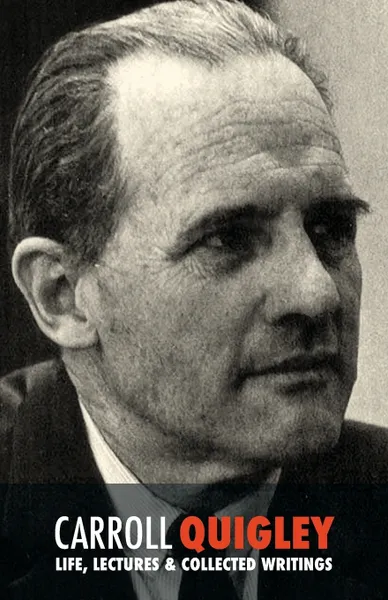Carroll Quigley. Life, Lectures and Collected Writings 12+
📒 Professor Carroll Quigley was a top American historian and theorist on the evolution of civilizations. He believed that knowledge cannot be divided into parts, that the world can be viewed only as an interlocking, complex system. This view complemented his life: he had reveled in the traditions and contrasts of his neighborhood, eschewed fame in favor of keeping his emotional and social development on track.In an age characterized by violence, extraordinary personal alienation, and the disintegration of moral values, Quigley chose a life dedicated to rationality. He wanted an explanation that in its very categorization would give meaning to a history which was a record of constant change. Therefore the analysis had to include but not be limited to categories of subject areas of human activity. It had to describe change in categories expressed sequentially in time. It was a most ambitious effort to make history rationally understandable.On such views, in 1961 Quigley published The Evolution of Civilizations. Its scope was wide-ranging, covering the whole of man's activities throughout time. It attempted a categorization of man's activities in sequential fashion so as to provide a causal explanation of the stages of civilization.In 1966, Quigley published Tragedy and Hope, a work of exceptional scholarship depicting the history of the world between 1895 and 1965. It was a commanding work, 20 years in the writing, that added to Quigley's considerable national reputat...
Мнения
